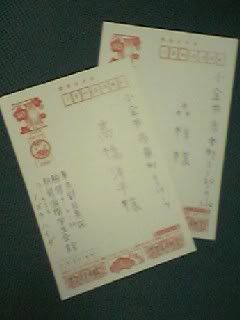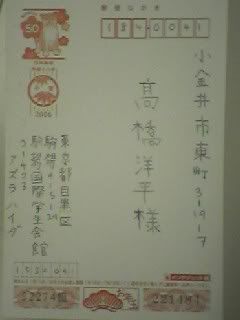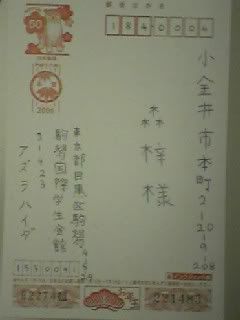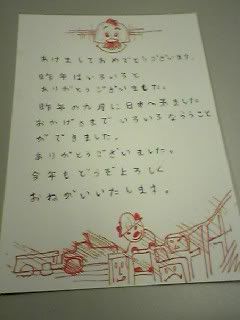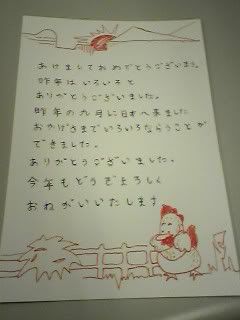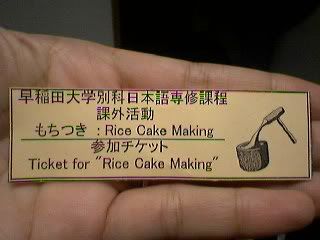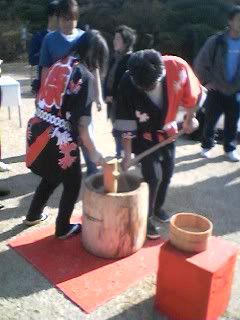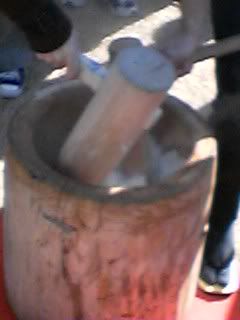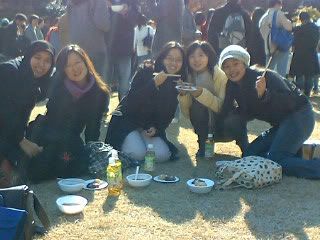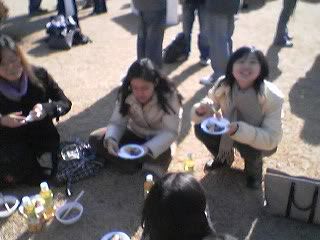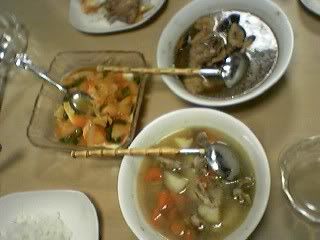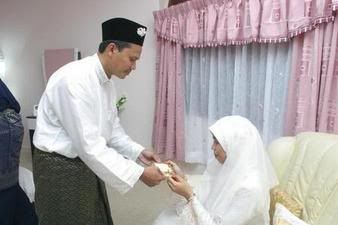This time tomorrow insya Allah I'll be in Malaysia. This might be the last entry I post from Japan for this year. So, here's some short notes on a few stuff..
Five things I look forward to...
Meeting/hugging/kissing/spoiling Huzaifah
Spending quality time with both hubby and son
Spending quality time with the rest of the family
Visiting and spending time with friends
Cooking lesson from my mother in law
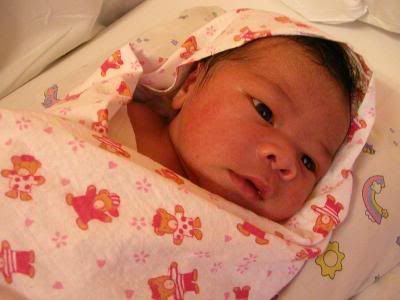
Khairil's newborn son, Ahmad Hazim. Looking forward to visit this little boy and his elder siblings
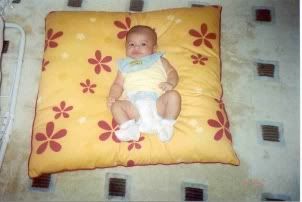
Husna, Jue's not-so-new baby, another baby I would very much like to visit. (Note to self - no, don't ask for her hand as yet for Huzaifah... Mada, mada....)
Five things I would like to eat while I'm back in Malaysia...
McDonald's Big Mac Value Meal set (yes, this have something to do with the fact that I have to pass the McDonald's outlet with really, really tempting fried potato smell every day in front of the station near my dorm)
Laksa
Sambal udang
Daging dendeng
Secret Recipe's yoghurt cheese cake
Five things I bought as o-miyage
Baby Gap bodysuits
Summer yukata
Cuff link and tie pin set
Souvenir t-shirts with Kanji character
Okashi (chocolate and sweets)

This is for my son

These are for close family members
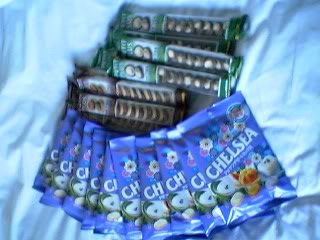
And these for everybody else
Five things I have to do (whether or not I like it)
Take Huzaifah to visit my biological mother
Conduct interviewsWrite my report
Prepare for a presentation
Nihongo fuyu yasumi shukudai (homework for the winter break)
Five things I'm going to miss while I'm in Malaysia
Tenya (I am a self-confessed Tenya's Tendon addict)
Lunch breaks with Hien-san and Savitri-san
Nihongo Ichi
Nice pak guard and his greetings ("Ohayo", "Iterasshai", "Tadaima"... which all helped me developing some sense of belonging)
24/7 reliable Internet access

Hien-san and her famous haru maki (Vietnamese food)
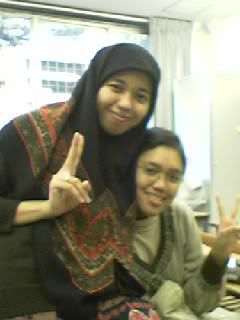
Savitri-san and me with typical Nihonjin pose
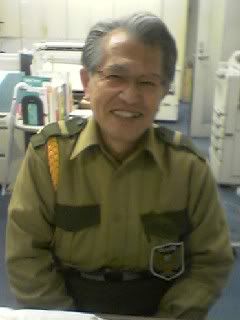
Yasashii ojisan
So, chances are I'll be on hiatus for a while. I'll update my blog if it's possible to do so while I'm back. But if I don't get to do so - see you next year, insya Allah.
